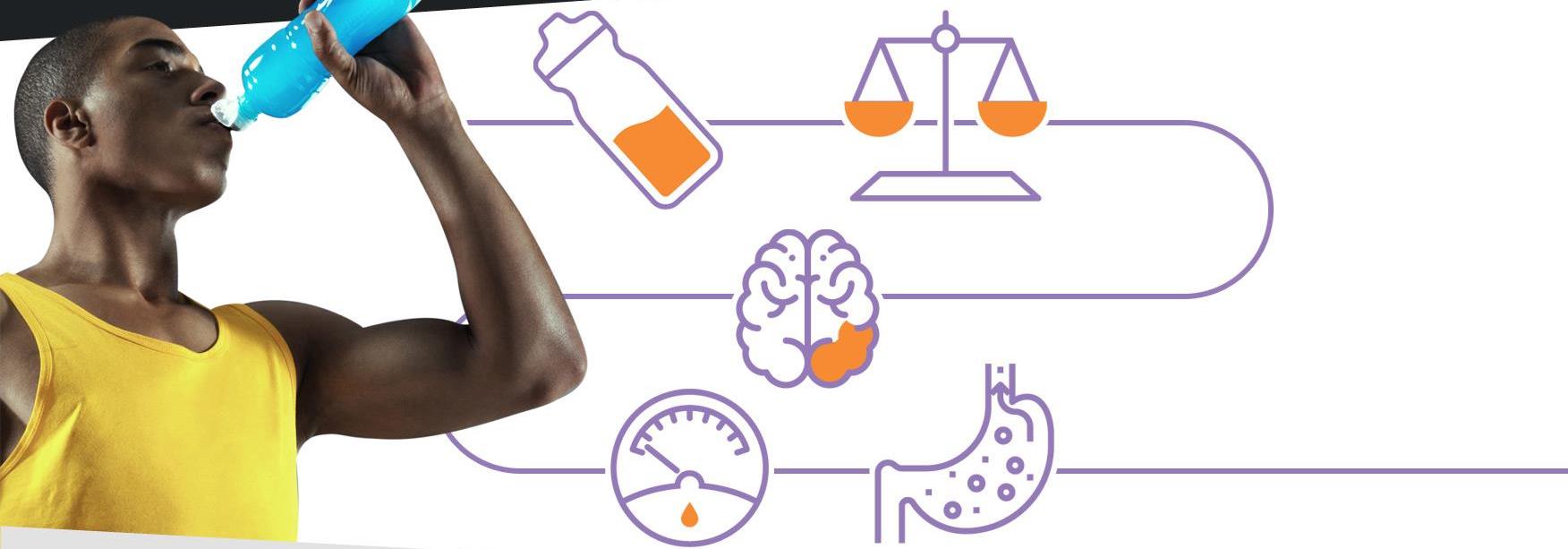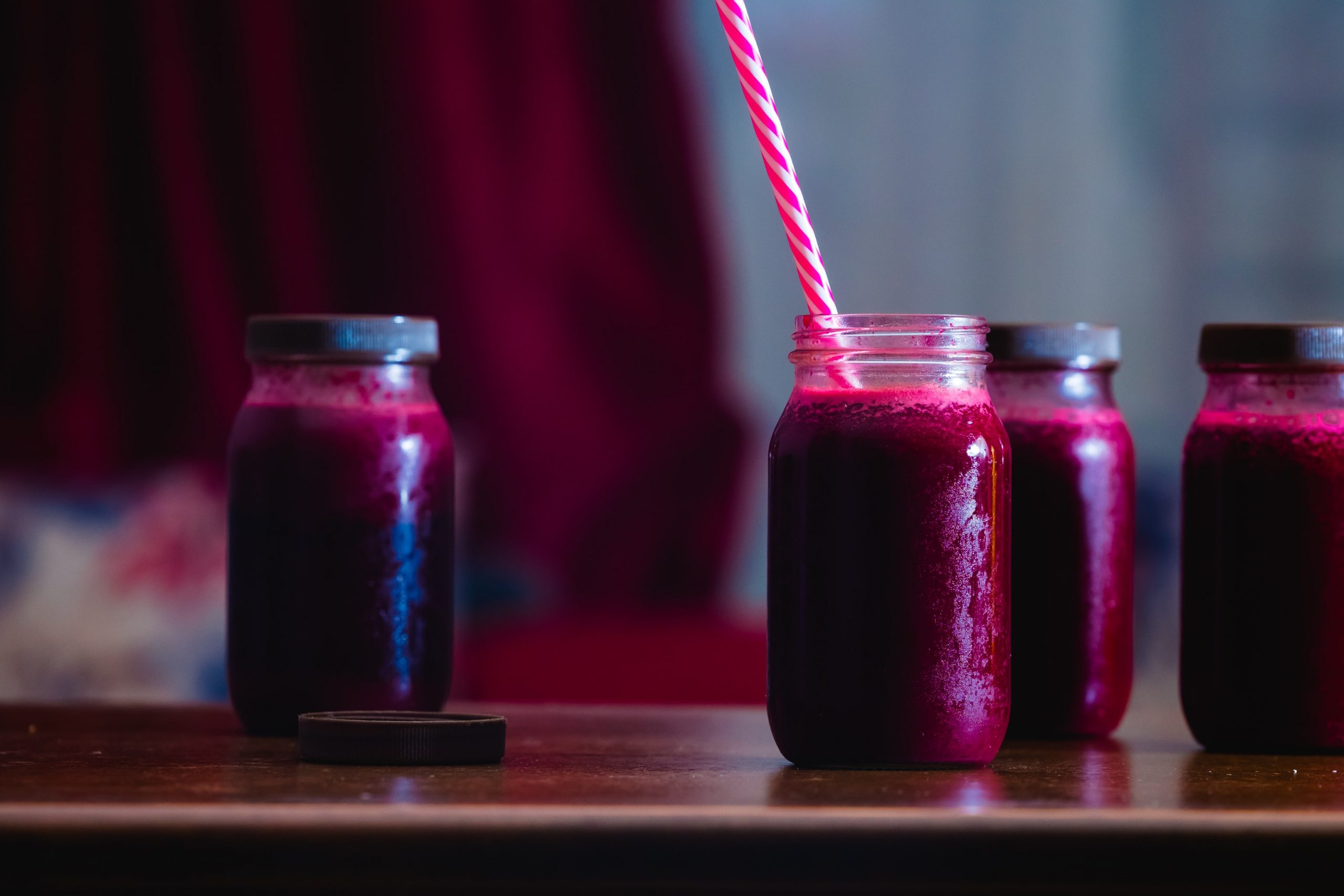By Emma Sloane
Eating right can have a significant impact on your physical performance and overall wellbeing. World Athletics, the international governing body for the sport of athletics, has developed a comprehensive guide to sports nutrition with the latest information on fueling training and performance.
Led by Lindy Castell from Green Templeton College at Oxford University and Louise Burke, the Head of Sports Nutrition at the Australian Institute of Sport, a team of 50 experts looked at a range of new developments in sports nutrition to see how they apply to the five core areas of athletics: sprints, jumps/throws/combined events, middle distance, long distance and ultra distance/mountain running.
In the wake of similar studies conducted in 1995 and 2007, Burke said, the IAAF Health and Science Department charged a group of international experts to summarise cutting edge science and its translation into practice across all the event groups in athletics.
 “A key message is that each athlete should have an eating plan that is personalised to their event and individual needs, periodised to address shifting goals and training practices across micro- to macro-cycles of the annual plan, and able to be put into practice in every environment experienced by the athlete,’’ she said.
“A key message is that each athlete should have an eating plan that is personalised to their event and individual needs, periodised to address shifting goals and training practices across micro- to macro-cycles of the annual plan, and able to be put into practice in every environment experienced by the athlete,’’ she said.
A personalised programme, achieved by teamwork between the coach, athlete, and sports science and nutrition experts, will help the athlete reach performance goals as well as achieving a long career through management of the risk of illness and injury.
Burke said that the studies have highlighted new insights around the risks of Relative Energy Deficiency in Sport, or RED-S, which can occur when athletes consume less energy than they are expending.
Key findings
- The usefulness of high-fat, low-carbohydrate diets is limited to selected individuals, events or scenarios in distance events.
- Low Energy Availability, which can result when athletes consume less fuel than they are using, is a primary cause of RED-S, formerly known as Female Athlete Triad syndrome, in which disordered eating, loss of period and osteoporosis occur, but can also contribute to reduced testosterone levels and libido in men, poor bone health, increased risk of illness and injury, gastrointestinal disturbances, cardiovascular disease, impaired training capacity and performance.
- Low Energy Availability is known to be a major risk factor in the development of bone stress fractures and should be corrected in both the prevention and treatment of such problems.
- A food first philosophy is promoted in relation to nutritional needs, and supplements should only be used under supervision to treat or prevent nutrient deficiencies. Only five supplements have an evidence base of contributing to performance: caffeine, creatine, nitrate/beetroot juice, beta-alanine and bicarbonate. But there is a risk of ingesting banned substances in the use of any supplements.
- Nutrition can help during the rehabilitation of muscular injuries. Goals should include adjustment to new energy requirements and distribution of protein intake to minimise the loss of lean mass and increase muscle repair.
-

Beetroot juice has an evidence base of contributing to performance
Photo by K15 PhotosNo direct benefits have been associated with the avoidance of gluten by clinically healthy athletes.
- Vegetarian diets can theoretically support athletic demands, but special attention and good planning are required to ensure adequate intake of energy and specific nutrients that are less abundant or less well absorbed from plant sources (e.g. iron).
- Evidence that carbohydrates consumed during exercise can provide an additional benefit via the brain and nervous system. Carbohydrates can stimulate areas of the brain that control pacing and reward systems via communication with receptors in the mouth and gut. This “mouth sensing” of carbohydrates provides another reason for frequent intake of carbohydrates during longer events, and shorter ones in which it may not be necessary to provide muscle fuel.
- The past decade has seen controversy over guidelines for fluid intake during sport. The best advice to enable adequate replacement of sweat losses has been debated, as have the benefits/impairment to performance associated with proactive or passive hydration strategies. What is irrefutable is that the fluid needs of most athletes are determined by their reliance on the evaporation of sweat to dissipate the heat produced during exercise or absorbed from a hot environment.
Athlete’s well-being, performance, and recovery from sporting activities are enhanced by well-chosen nutrition strategies. Although athletics encompasses a diverse range of events with different requirements for success, there are common goals around nutritional support for adaptation to training, optimal training performance, and remaining at low risk of injury and illness. This includes guidelines for the appropriate type; amount; and timing of intake of food, fluids, and occasionally, some supplements and sports foods, to promote optimal health and performance across different scenarios of training and competition.




